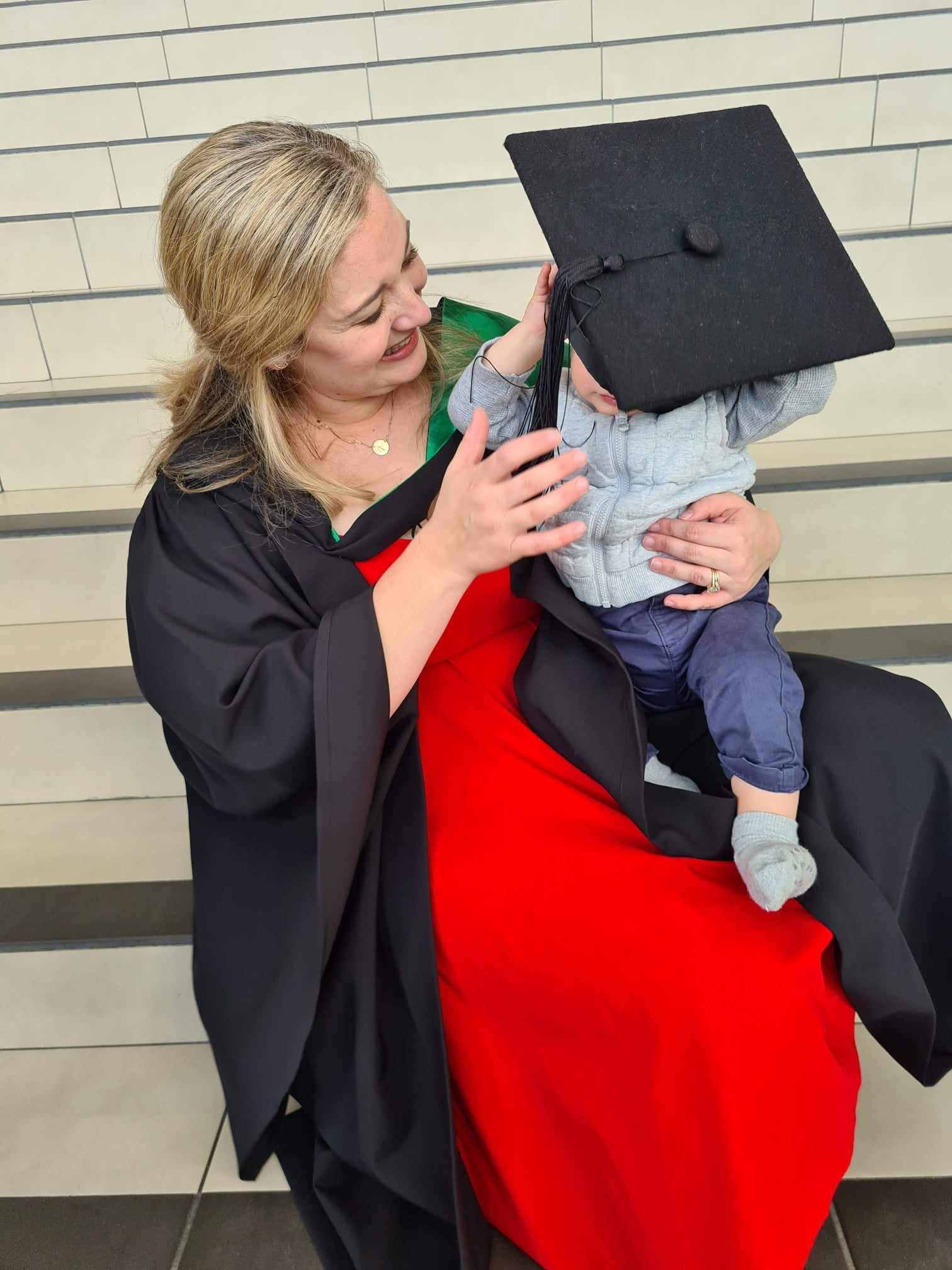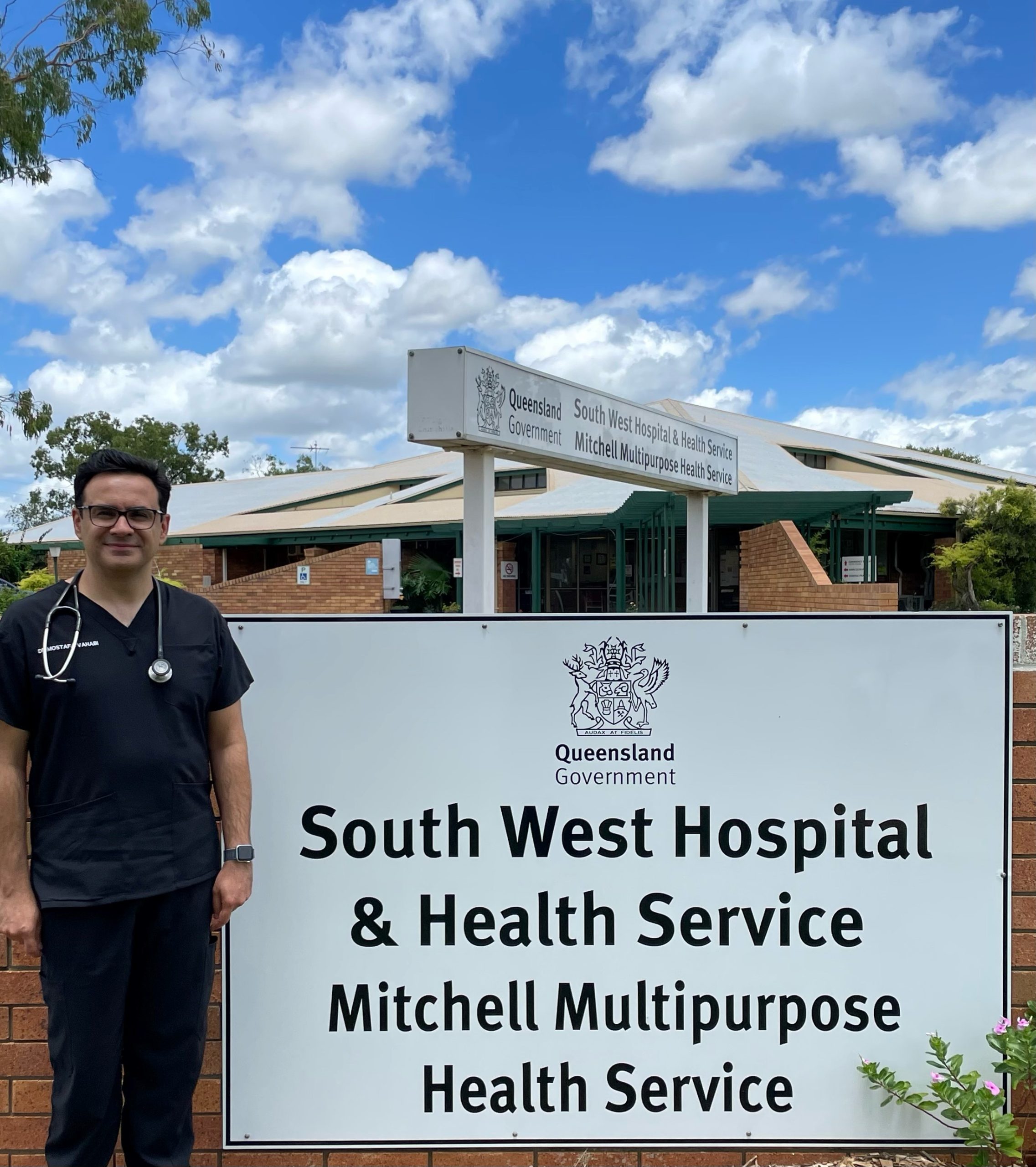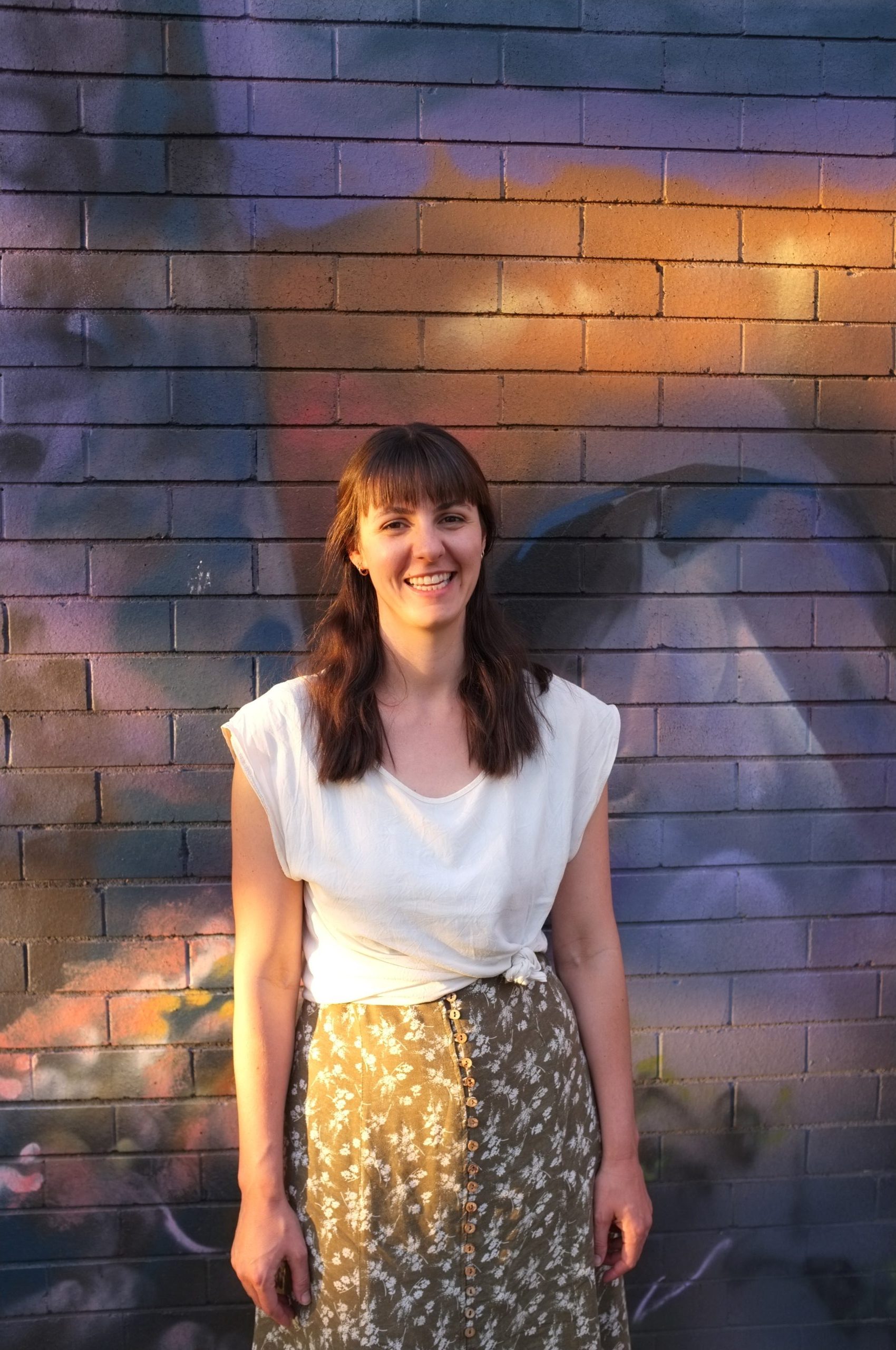Begin at the beginning…and go on until you come ‘til the end: then stop…
I was that person in medical school who’s answer to ‘what do you want to specialise in?’ depended on what rotation I was doing at the time. I always thought that I would consolidate an interest in one area once I was working in medicine fulltime. Instead, my intern year at the Royal Brisbane and Women’s Hospital flew by and I was no closer to deciding a career path.
Medicine for me was like an interesting array of dips, cheeses and fruits and I was being asked to choose one thing on the platter to eat for the rest of my life! I loved a little bit of everything and wanted to continue to enjoy the variety.
I figured that this meant I had two options; GP or ED. I chose terms in my Junior House Office (JHO) year that were useful to both areas and met the mandatory terms for (urban) GP training.
Although I had had a great experience as a medical student at a rural GP practice in Gunnedah, I never considered rural work in my future. I was engaged to an engineer who worked in Brisbane. I liked the idea of a country lifestyle, but I hadn’t experienced enough to justify giving up our city lifestyle with our network of friends and family all in close proximity.
Down the rabbit hole…
Then came my mandatory rural and remote term. I chose to undertake a 10-week GP relieving term at the Roma Hospital.
I suddenly felt as though I had tumbled down the rabbit hole and finally found my place in medicine. I could start the day with a ward round, have a coffee over paper handover with one of the seniors, see some patients in ED (and get to perform procedures that even registrars were fighting over at the Royal) and end up finishing the day assisting one of the GP’s with an emergency caesarean. The work was challenging yet rewarding and varied, the staff were friendly and approachable, and the hours were realistic and allowed balance for life outside of work. I even got to go home for lunch each day! It didn’t take me long before I asked one of the GP Senior Medical Officer’s the most important question of my career;
“What is this Rural Generalist thing you all do, and how do I become one?”
Oh my fur and whiskers, I’m late, I’m late, I’m late!…
That GP became my mentor and directed me through the process of my Australian General Practice Training (AGPT) application for rural pathway GP training and linking in with the Queensland Rural Generalist Pathway (QRGP). What a friendly bunch! Even though I had never been affiliated with them, they immediately helped me organise my Advanced Skills Training (AST) in obstetrics for the following year. I was disappointed that I had not really known about Rural Generalist training and had missed the amazing workshops and support for medical school and Post Graduate Year (PGY) 1 and 2, but it was better late than never. I decided that becoming part of the QRGP would make my life substantially less complicated.
The process of commencing as a postgraduate trainee with the QRGP was very straightforward. I had already ticked most of the boxes needed and was able to demonstrate my passion for rural work and lifestyle by drawing on my recent stint in Roma and my elective rural GP rotation in Gunnedah and overseas rural elective in Peru. The team helped me navigate my training gaps and my application was accepted.
Curiouser and curiouser…
Since signing on for QRGP postgraduate entry in 2016, I have completed advanced skills training in obstetrics and gynaecology and continued to use my skills in rural birthing centres in Queensland. I have also had a baby myself, taken maternity leave, returned to work part time and recently passed the two main assessments for my fellowship. All along the way, I have had regular phone catch ups with my Rural Generalist Training Advisor (RGTA) and have felt supported by the Pathway.
Coincidentally, I am now back at Roma Hospital; the hospital that started this whole adventure when I was a JHO in 2015. Many of the original staff are still here and we have developed a great community of supportive friends.
I could tell you my adventures – beginning from this morning, but it’s no use going back to yesterday, because I was a different person then…
Life as a Rural Generalist is great. I worried that my husband and I would find it difficult to adjust, having lived the majority of our lives in the city. What we gained with a rural lifestyle far outweighs the things we have lost. My husband has found it relatively easy to find work in the rural towns where we have lived and enjoys the variety and challenges that come with rural engineering.
Sure, we have to plan our shopping trips to Toowoomba or Brisbane for big ticket or specific branded items, but most things you can get online these days once you know what you want. And yes, it takes as an hour by plane or six hours by car to see our parents or our old friends in Brisbane. On the flip side, it takes me 10 minutes to get to work (including picking up a coffee on the way) and our new friends all live within 3km of us and have become our little family and source of support.
I really wish I had known what life could be like as a Rural Generalist in medical school – I would have done it all sooner!
Advice from a caterpillar…
If you, like me, missed the boat on rural generalist training as a medical student and have since discovered the immensity rural work and lifestyle have to offer, you may not be too late! Find out more about postgraduate entry and start your own adventure in the wonderland that is Rural Generalism!
Dr Marianne Seville | Senior Medical Officer (Provisional Fellow), Roma
Image credit: https://annie17.wordpress.com







